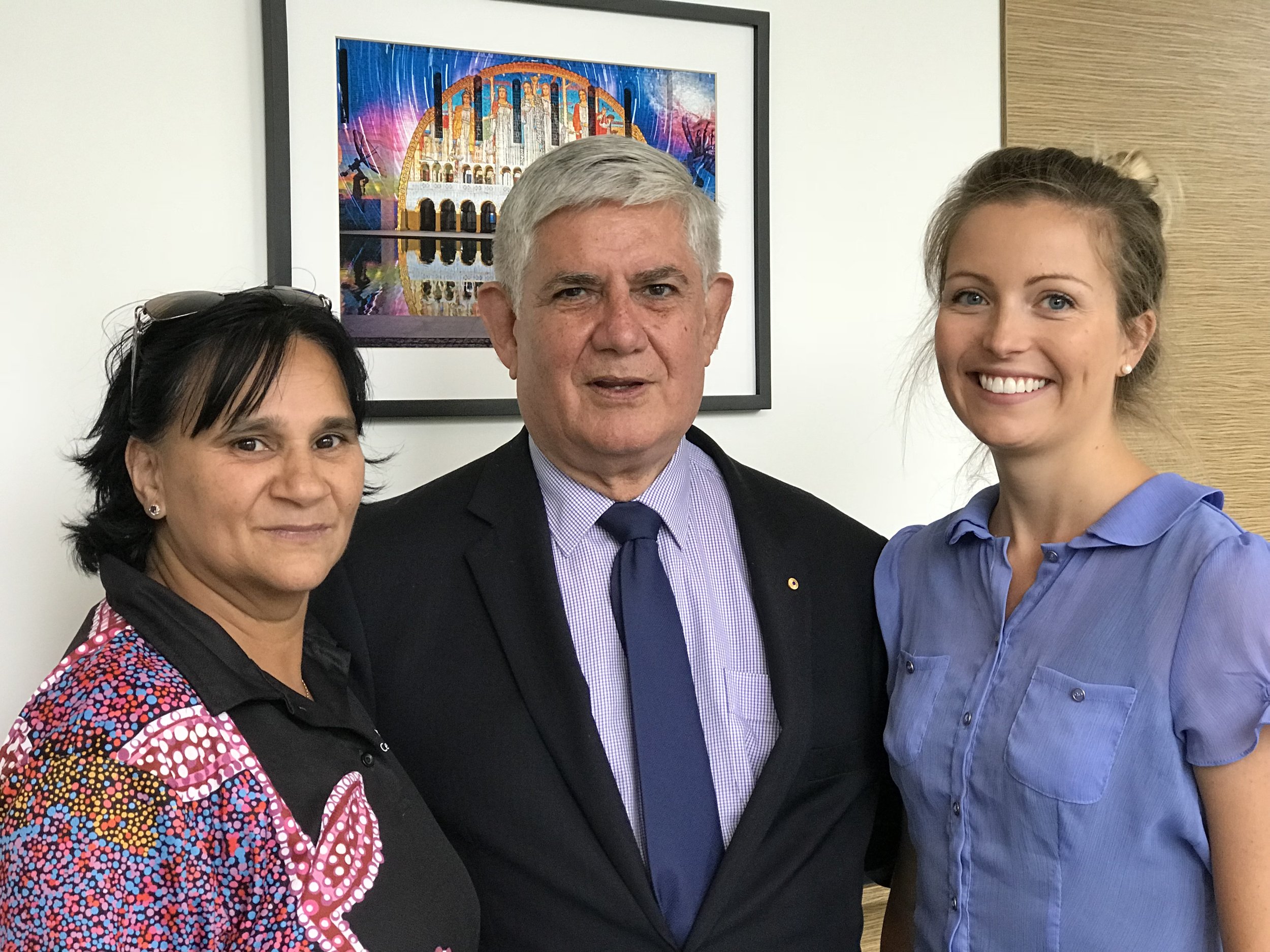By Celeste Larkins
Jason Bartlett, one of the powerful voices of the Bartlett Brothers (a well-known Indigenous band), a husband and a father of two daughters, sadly passed away in 2017.
I had the privilege of meeting Jason at Royal Perth Hospital, after a local partner organisation, the Western Australia Centre for Rural Health (WACRH), at the request of Jason, asked HCR to produce a film sharing Jason’s story.
His words “There is no future, that’s it, at an early age I’m going, 36 years old and I’m looking down the barrel of a gun,” were a harrowing reminder that Jason only had weeks to live due to complications relating to diabetes.
Jason was diagnosed with diabetes at the age of 19, and due to lack of information and mismanagement of the condition his health deteriorated. He lost his vision because of glaucoma, developed foot ulcers that wouldn’t heal and had heart and kidney failure which ultimately led to his death.
Knowing he didn’t have long left to live, Jason wanted to share his story urging Australians to look after their health, especially looking at their alcohol consumption. He stated that if he could go back in time he would “never have touched the bottle (alcohol).”
Jason passed away nine days after the video was filmed, and what happened next is a testament to how powerful one person’s message can be.
Honourable Ken Wyatt, Minister for Aged Care and Minister for Indigenous Health, launched the film Passing on Wisdom: Jason’s Diabetes Story at an event on Saturday 9th December, where reporters from various commercial stations were present.
Left to right: Lenny Papertalk from WACRH, Minister Ken Wyatt and Celeste Larkins
That night, Jason’s story was shared on all the commercial WA state news programs, as well as some at a national level. His story was shared on a few of these commercial stations’ Facebook pages, with over 49 000 views, 470 shares and 440 likes or interactions. ABC Radio National shared Jason’s story, as well as the National Indigenous Radio Services and the Community Radio Network. To make his story more accessible we developed a radio component, which many community stations have broadcast. Jason’s story was published on several news sites.
From what started as a low-key production intending to be shared within Jason’s family and their networks, the film ended up travelling far and wide and reaching more people than anticipated. I even received a phone call from a community station in Yarralin (a small remote Aboriginal community, 705kms from Darwin) thanking me for producing a radio component as it meant their community had access to a powerful message that affects many Indigenous Australians.
Although Jason has passed, his story will remain and hopefully inspire us all to assess our lifestyles and improve our health to live life to the fullest and enjoy time with our loved ones. His story has reached across Australia, and will continue to be a powerful tool to raise awareness about diabetes. The video and radio component would not have been possible without funding from WACRH, support in its launch from Honourable Minister Ken Wyatt, and most importantly support from Jason’s wife and family.
Please help the project by watching the video and sharing it with your friends and family.


























